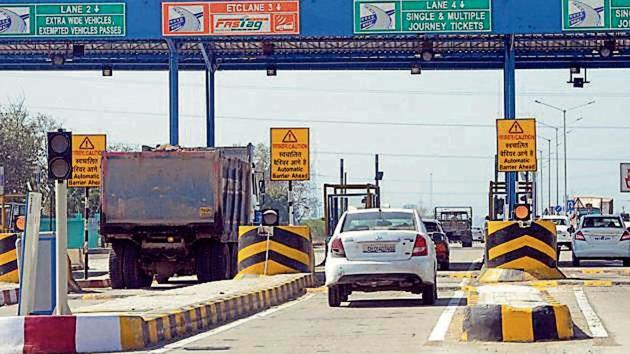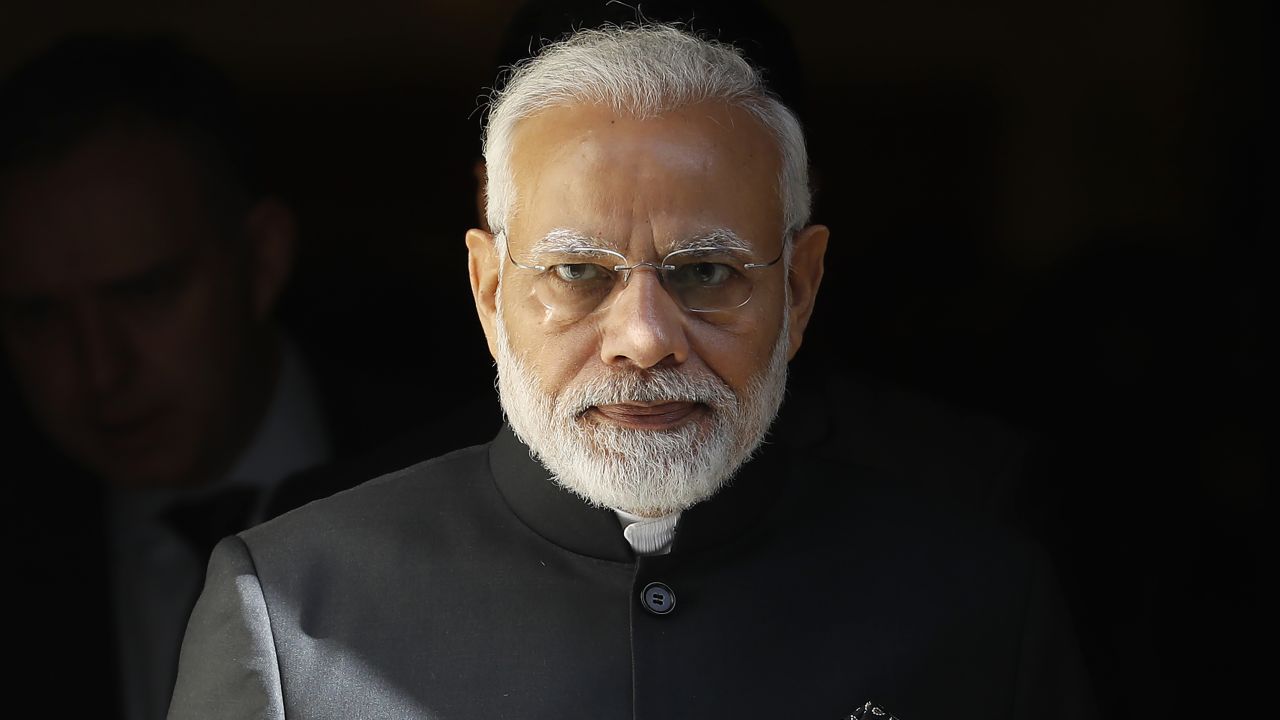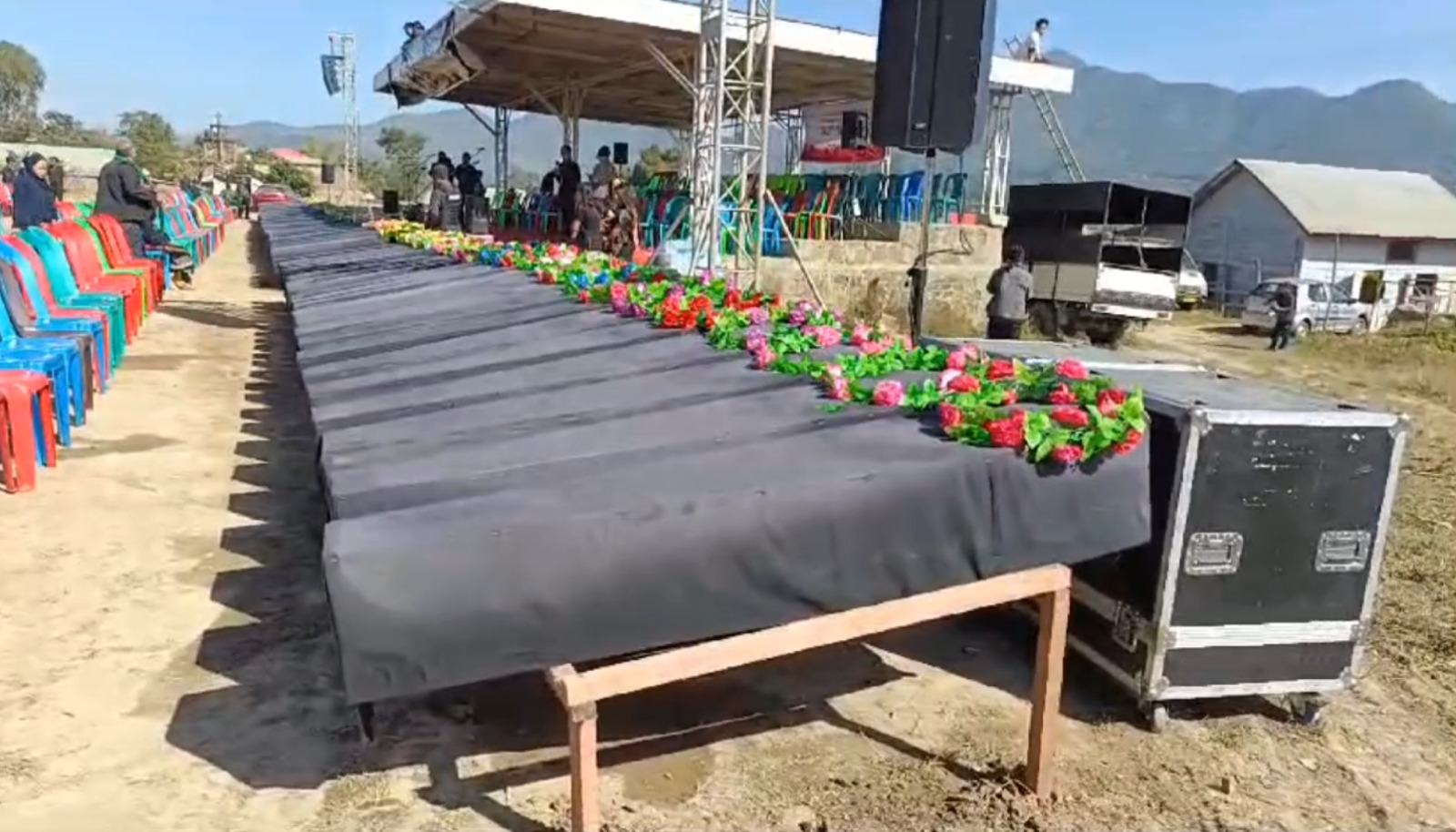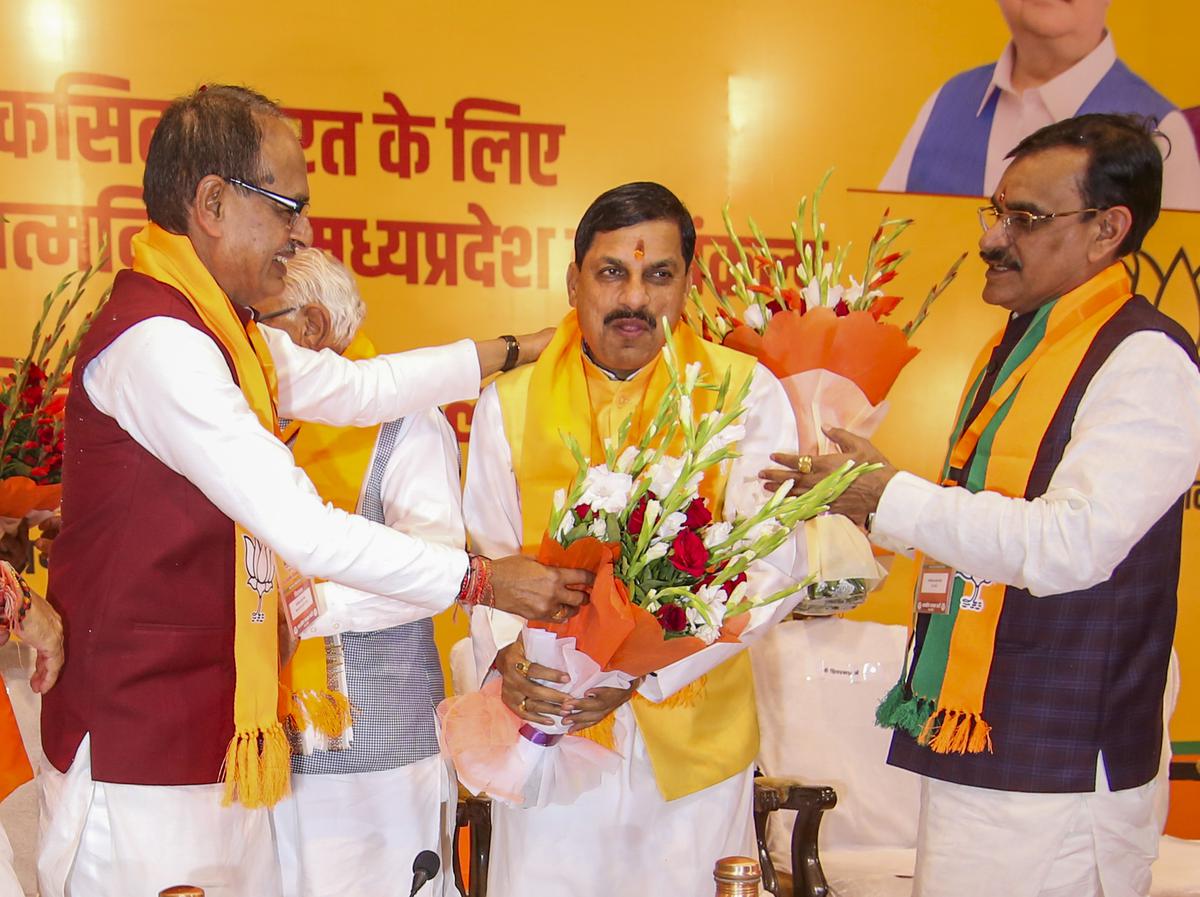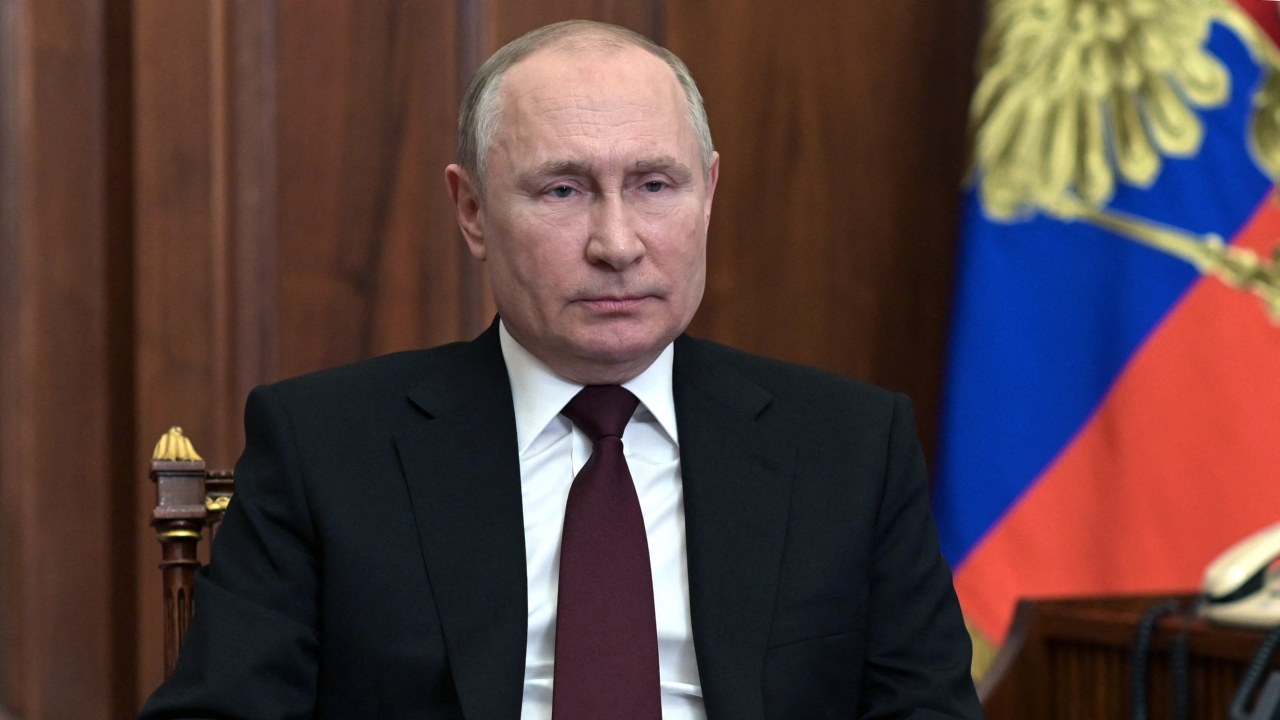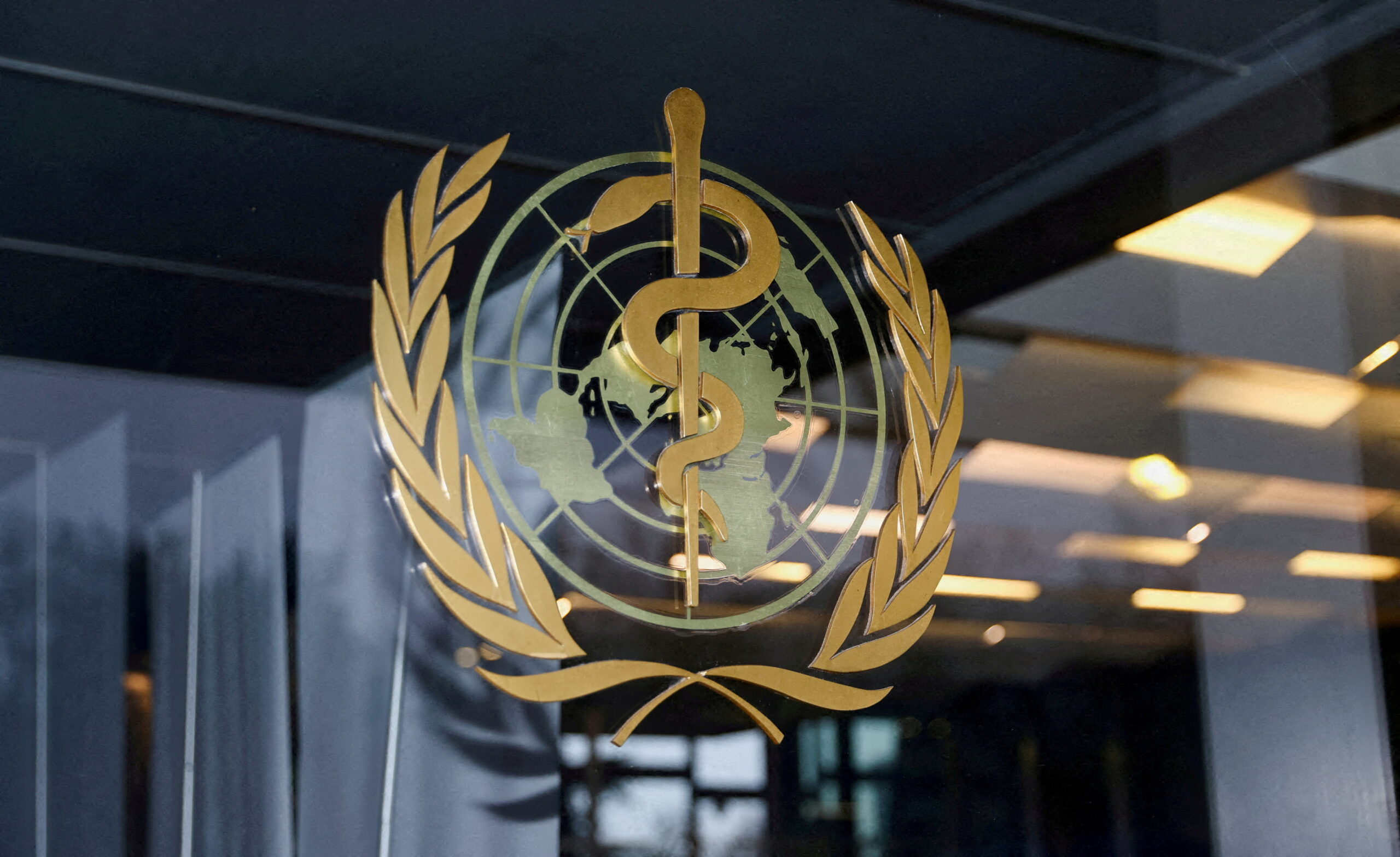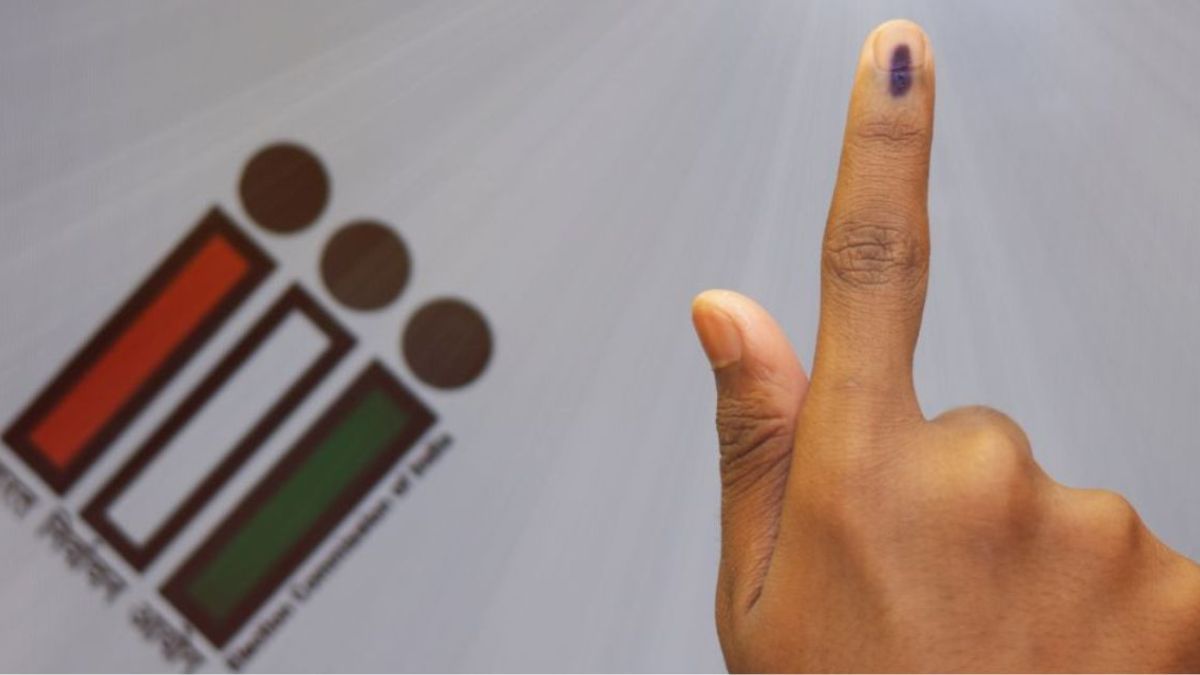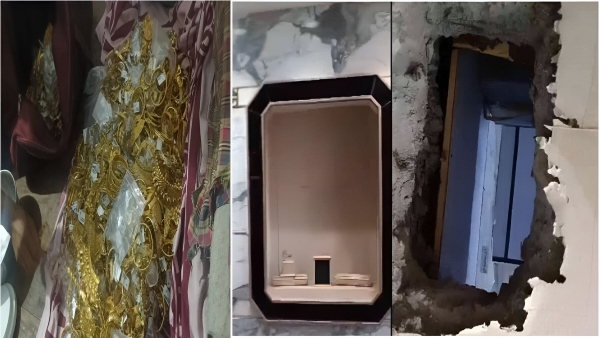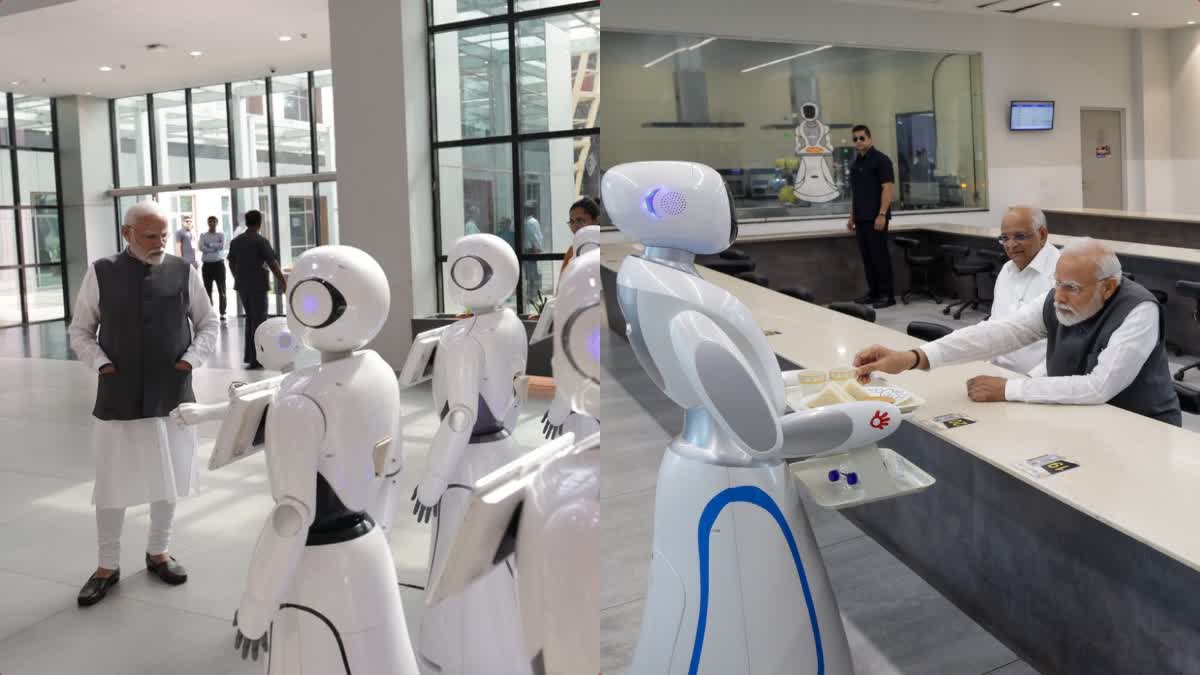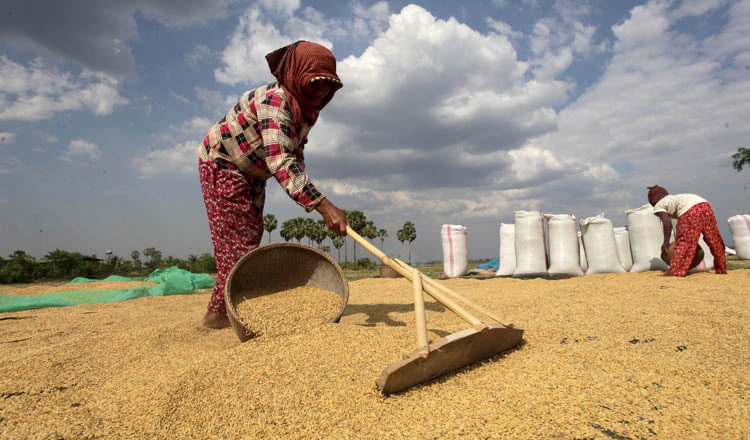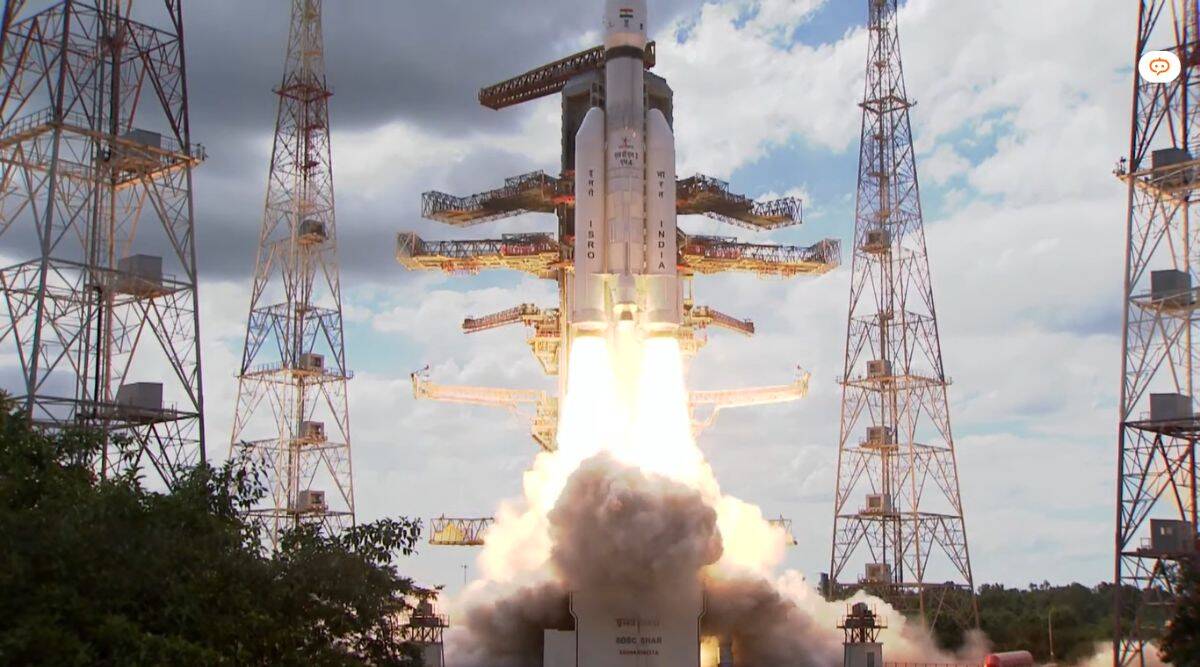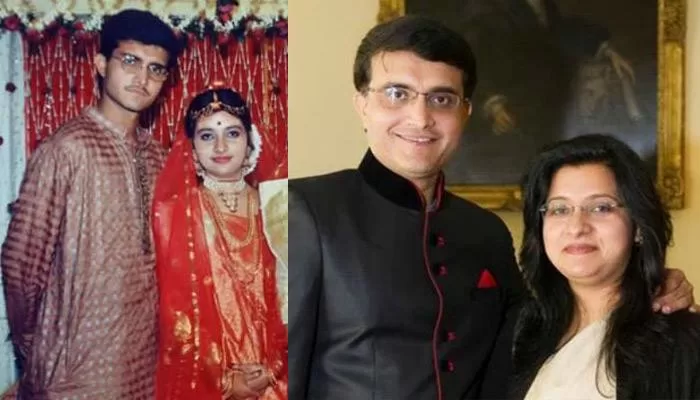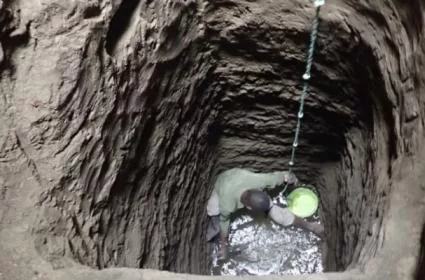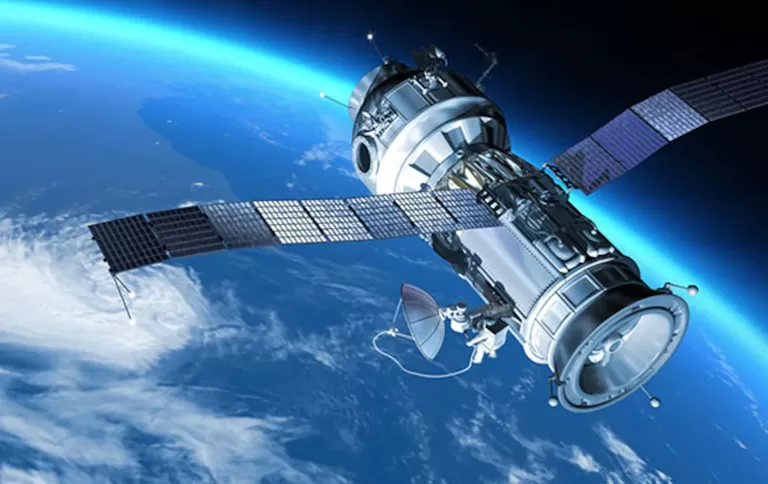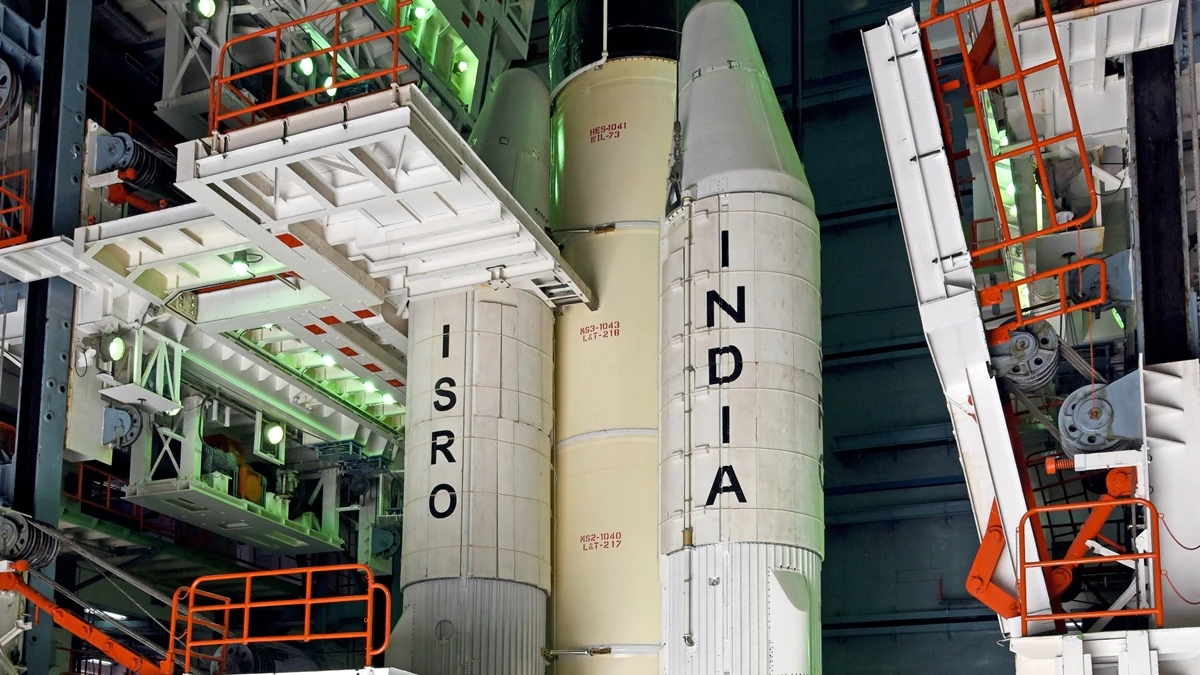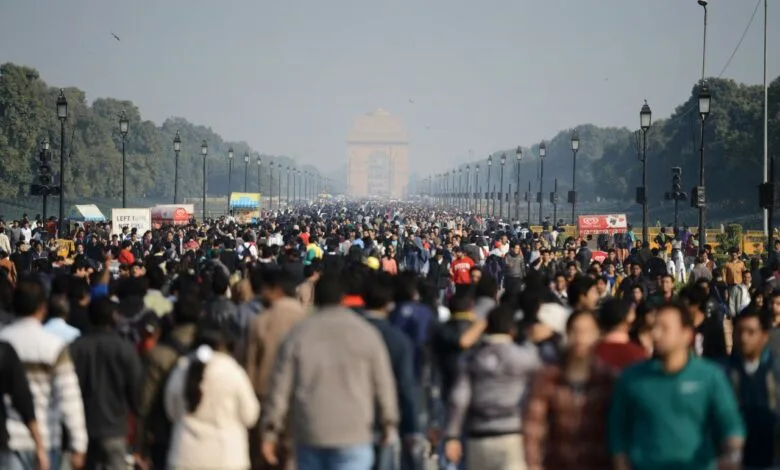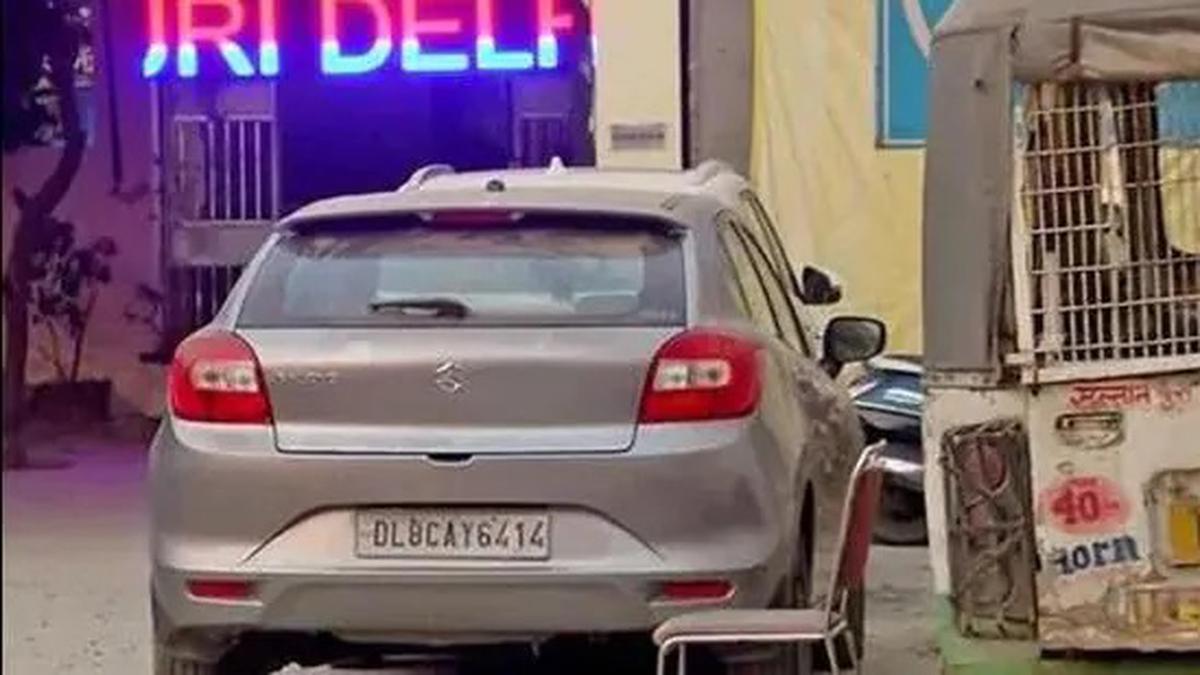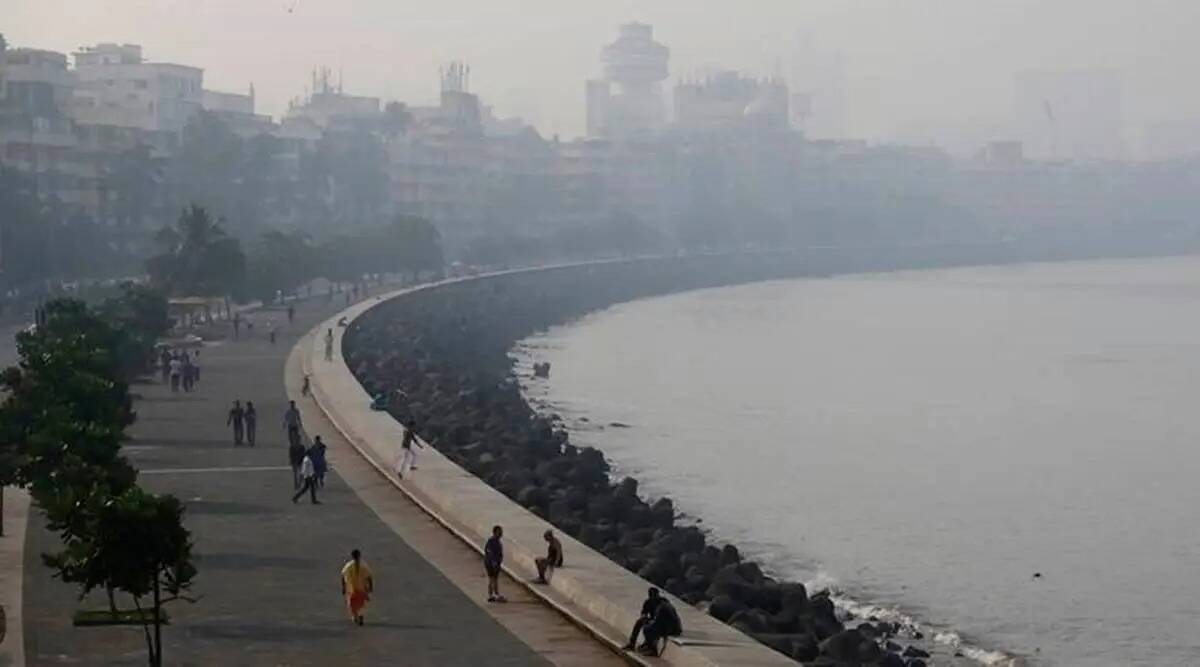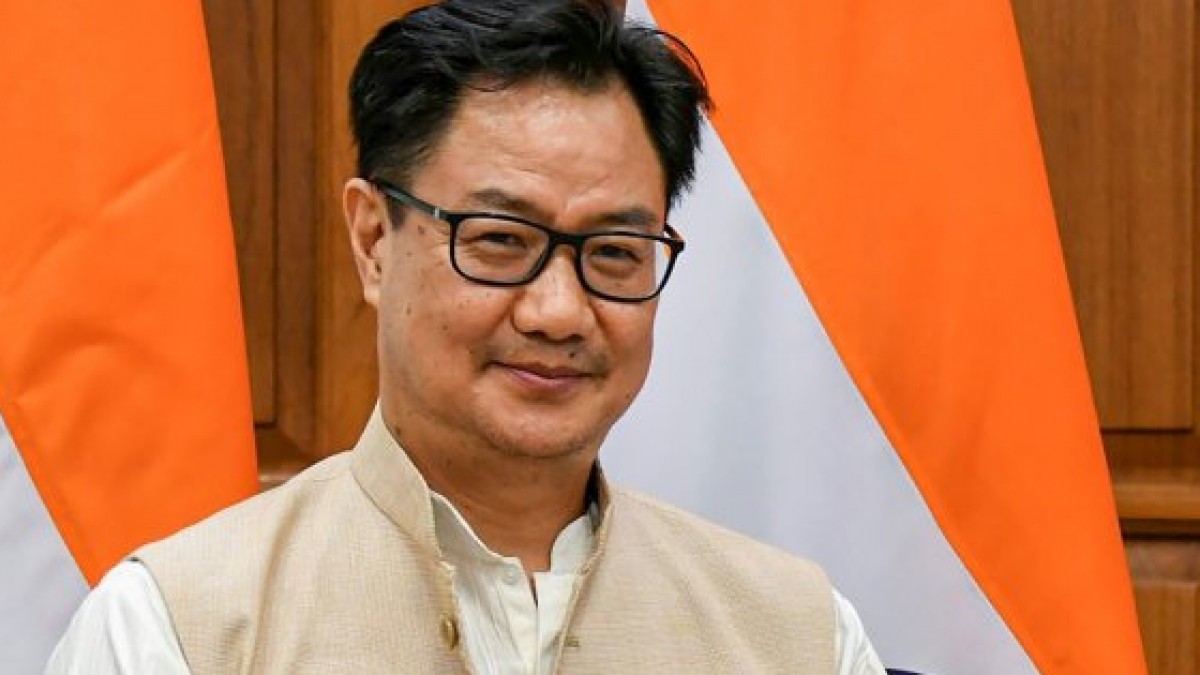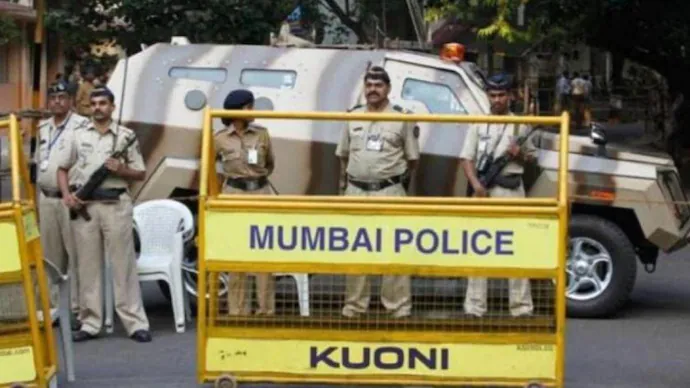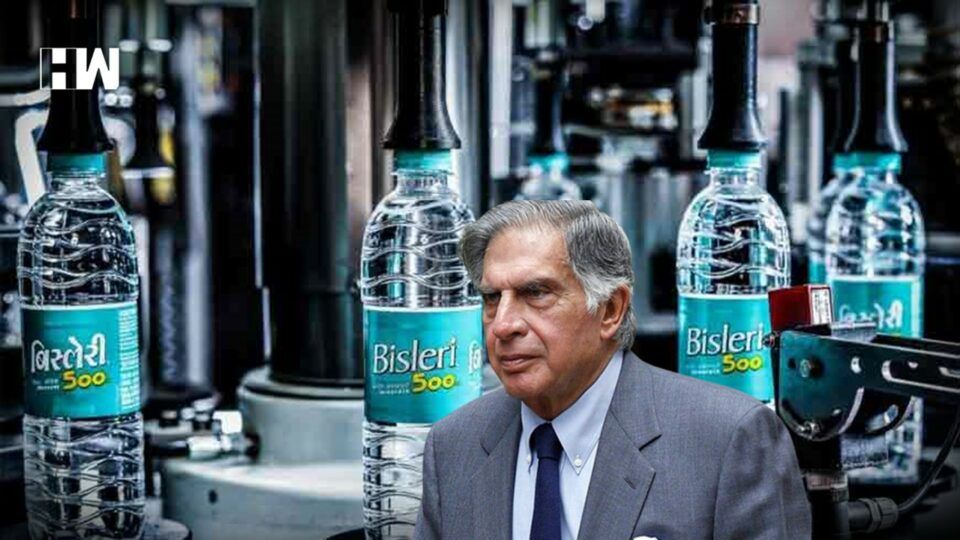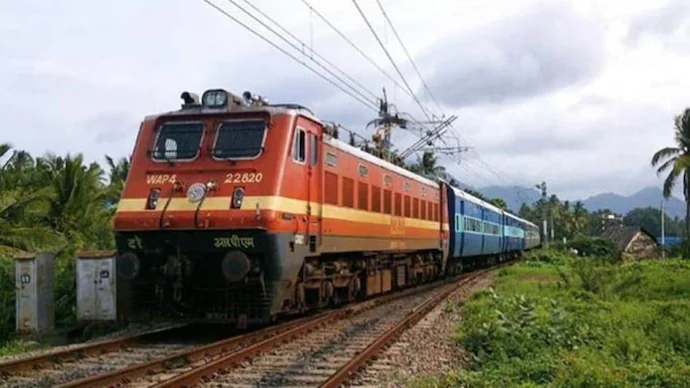
The Union Budget 2024 was introduced in Parliament on Tuesday by Finance Minister Nirmala Sitharaman.
She listed productivity, jobs, social justice, urban development, energy security, infrastructure, and reforms as the budget’s nine top priorities in her speech. The finance minister declared that the government’s policy objective will be to expedite the expansion of the rural economy and job prospects.
These are a few of the budget speech’s most notable points.
- There will be more debt recovery tribunals established.
- The government suggests creating digital public infrastructure apps to boost private sector innovation, business prospects, and productivity.
- A vital Mineral Mission will be established by the government to buy properties abroad.
- The first offshore mining blocks will go up for sale, organized by the government.
- The government will facilitate dormitory-type rental housing for industrial workers in PPP mode.
- The Central government has allocated ₹11 lakh crore for capital expenditure for infrastructure development. “This would be 3.4% of our GDP…Private investment in infrastructure by the private sector will be promoted through viability gap funding and enabling policies,” she said.
- Nirmala Sitharaman says the people of India have reinforced their faith in the government led by Modi and re-elected it for a third term.
- “Global economy is still in the grip of policy uncertainty.” “India’s inflation continues to be stable and moving towards the 4 per cent target”.
- The budget’s nine goals, according to Nirmala Sitharaman, are infrastructure, social justice, urban development, energy security, productivity, and jobs.
- According to her, the government will offer incentives to 30 lakh young people who are starting their careers by contributing one PF each month. She said, “The government will establish hostels for working women.”
- The finance minister announced that 1,000 ITIs will be renovated using a hub-and-spoke arrangement.
- Up to ₹10 lakh in loans would be supported financially by the government for higher education at domestic institutions.
- According to Nirmala Sitharaman, term loans to MSMEs will be made easier with the introduction of a credit guarantee program. “The program will work to reduce these MSMEs’ credit risks. Each applicant would receive coverage of up to ₹100 crore from a self-financing guarantee fund, albeit the loan amount may be higher,” the spokesperson stated.
- “Direct Benefit Transfer of one month’s salary in 3 instalments to first-time employees as registered in the EPFO will be up to ₹15,000. The eligibility limit will be a salary of ₹1 lakh per month. The scheme will benefit 210 lakh youth.”
- “The government will launch a scheme to provide internship opportunities to 1 crore youth in 500 top companies with ₹5000 per month as internship allowance and one-time assistance of ₹6000.”
- The administration wants to lower the standard 15 percent customs fee on smartphones and their chargers.
- Platinum will now only pay 6.4% customs duty, while gold and silver will only pay 6%.
- For individuals who chose to adopt the new tax structure, the government has modified the standard deduction for income taxes. “For those opting for the new tax regime, the standard deduction for salaried employees to be increased from ₹50,000 to ₹75,000,” she stated.
- For those who choose to use the new system, the finance minister changed the tax slabs. She declared, “The tax rate structure will be revised under the new tax regime as follows: ₹0-₹3 lakh -Nil; ₹3-7 lakh -5%; ₹7-10 lakh-10%; ₹10-12 lakh-15%; 12-15 lakh – 20% and above ₹15 lakh-30%.”
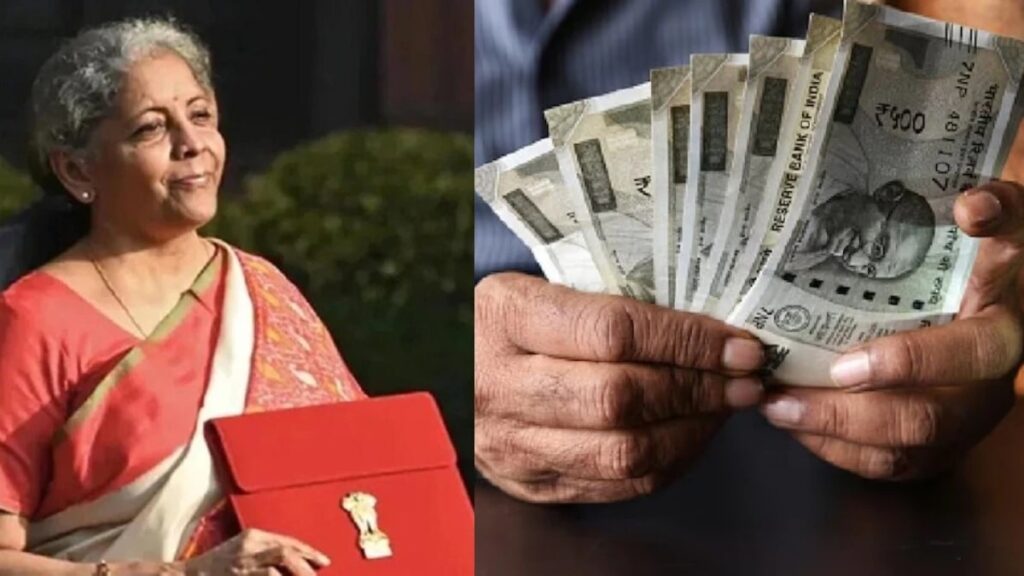

According to Nirmala Sitharaman, the reforms suggested in the Budget will result in salaried employees saving up to ₹17,500 in taxes annually under the new tax regime.
According to Nirmala Sitharaman, seniors’ family pension deduction will increase from ₹15,000 to ₹25,000. The improvements are expected to benefit 4 crore salaried persons and pensioners in total.
Nirmala Sitharaman also announced benefits for the home states of BJP allies Nitish Kumar and N Chandrababu Naidu, Bihar and Andhra Pradesh, in her budget address. The two leaders have been clamoring for their own states to be granted a unique status.
“Andhra Pradesh Reorganisation Act- Our govt has made efforts to fulfil the commitments in the Andhra Pradesh Reorganisation Act. Recognising the state’s need for capital, we will facilitate special financial support through multilateral agencies. In the current FY, ₹15,000 crore will be arranged with additional amounts in future years,” she said.
“On the Amritsar-Kolkata industrial corridor, we will support the development of an industrial nod at Gaya in Bihar. It will catalyse the development of the easter region. We will also support the development of road connectivity projects- Patna -Purnea expressway, Buxar- Bhagalpur highway, Bodhgaya- Rajgir-Vaishali- Darbhanga and an additional two-lane bridge over river Ganga in Buxar for ₹26,000 crores,” she added.
She has delivered a budget speech seven times in a row. By doing this, she has broken the record held by the late Morarji Desai, who presented the budget six times in a row. This is the first budget of the Modi government 3.0. Everyone is waiting to see what announcements Nirmala Sitharaman makes regarding income tax, business facilitation, and railway infrastructure.
In the Rajya Sabha today, Nirmala Sitharaman will also give an estimate of the Central government’s receipts and outlays for the fiscal year 2024–2025. In advance of the Lok Sabha elections, the Central government presented the interim budget on February 1. This budget addressed the nation’s financial needs.
The Economic Survey, which examined the current status of the economy and the forecasts for economic indicators, was presented by Nirmala Sitharaman on Monday.
The Economic Survey projects that the nation will grow between 6.5 and 7 percent this fiscal year. This is less than the 8.2 percent growth observed in the 2023–24 fiscal year (April 2023–March 2024) and less than the 7.2 percent growth predicted by the RBI for the current fiscal year.
The government’s policy initiatives to reduce retail inflation were likewise highly praised by the Economic Survey. The lowest level of inflation since the epidemic struck Indian soil was 5.4%.
The report suggested increasing exports as well. It further stated that India may either encourage Chinese foreign direct investment or integrate into China’s supply chain.
“Among these choices, focusing on FDI from China seems more promising for boosting India’s exports to the US, similar to how East Asian economies did in the past,” it added.





































































